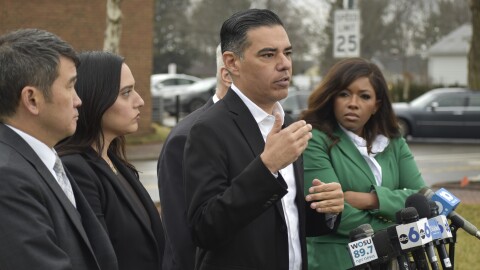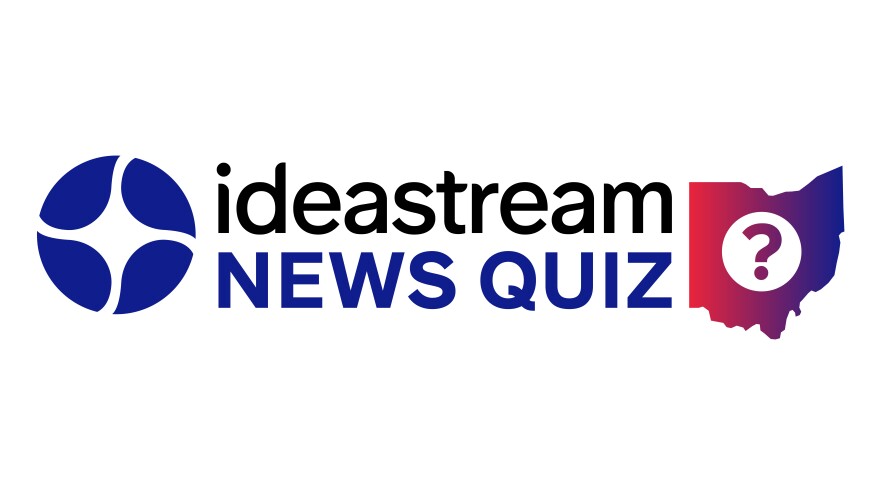The city employs several lawyers but typically budgets about $4 million annually for outside legal counsel, which they use in cases of conflicts of interest or for specialized areas of law.
Latest Headlines
- US House Democrats say they don't believe Les Wexner's denials about ties to Jeffrey Epstein
- New report finds H2Ohio program brings multi-million dollar return on investment to the state
- Cleveland to request 'local leadership' after a decade of federal consent decree
- Plan your day: Brite Winter music fest returns at new home in Waterloo Arts District
- Les Wexner issues statement ahead of Wednesday deposition related to Jeffrey Epstein
Editors' Picks

For generations, the Olympics have been billed as a celebration of global unity, a space where politics is supposed to fall away. But history tells a more complicated story.
-
Third race is the charm for Shiffrin, who won gold today after failing to podium in her first two races of the 2026 Olympic Games.
-
The invasive bugs with bright red wings and black dots known as spotted lanternflies are becoming such a threat that Ohio has issued a quarantine to fight them.
-
The case is seen as a test of social media's legal responsibility for platform design features that plaintiffs' lawyers say exacerbated mental health issues in young people.
-
Conservation and historical organizations sued the Trump administration on Tuesday over National Park Service policies that the groups say erase history and science from America's national parks.
-
Drivers could face a misdemeanor for failure to obey, and for harassing, threatening or intimidating a crossing guard or interfering with their official duties.
-
The union representing county job and family services workers has been negotiating for months, and staff has been working without a contract since September.
-
Respiratory virus cases in Northeast Ohio are lower than last winter, but doctors say flu, COVID and RSV are still circulating and can be kept at bay through vaccines and basic precautions.
-
Mayor Justin Bibb has proposed a $14 million increase in public safety over last year. That budget includes recent pay bumps for police and fire — and a goal to fill all 1,350 budget officer positions for the first time in years.
-
Policy Matters Ohio released its study of the new "No Tax on Tips" provision.





















